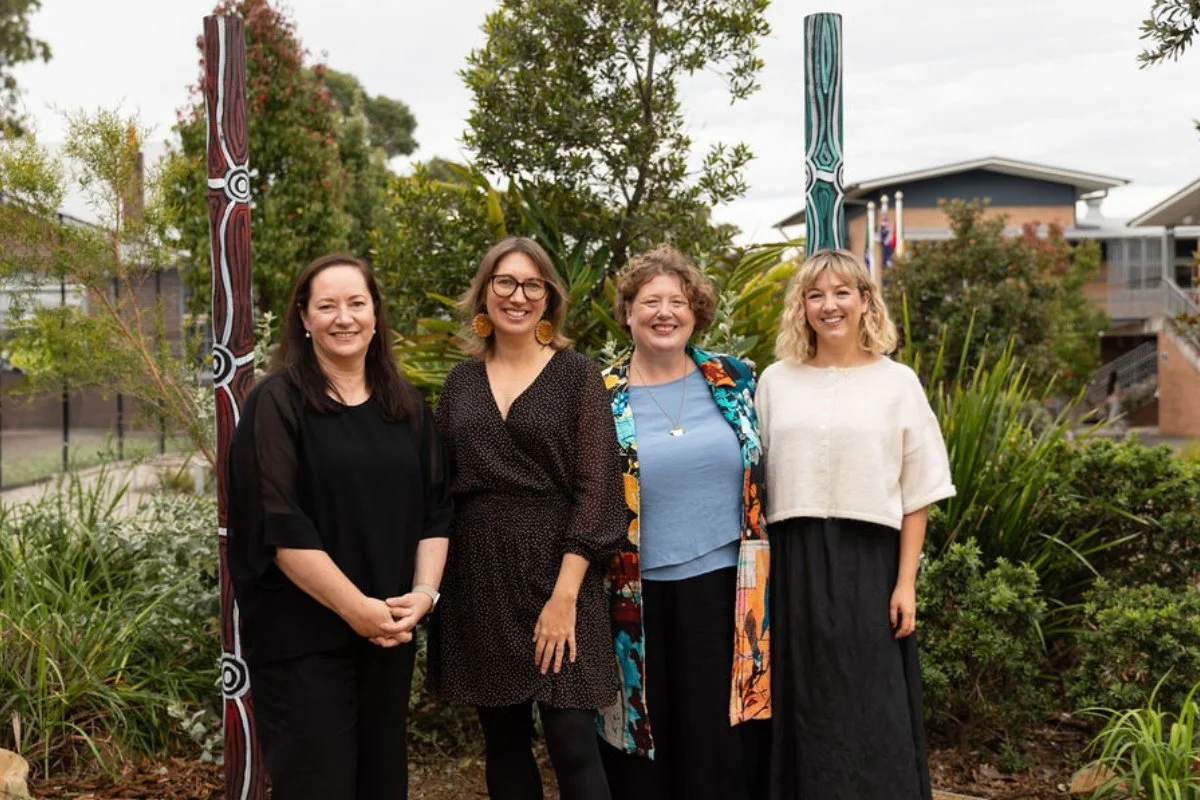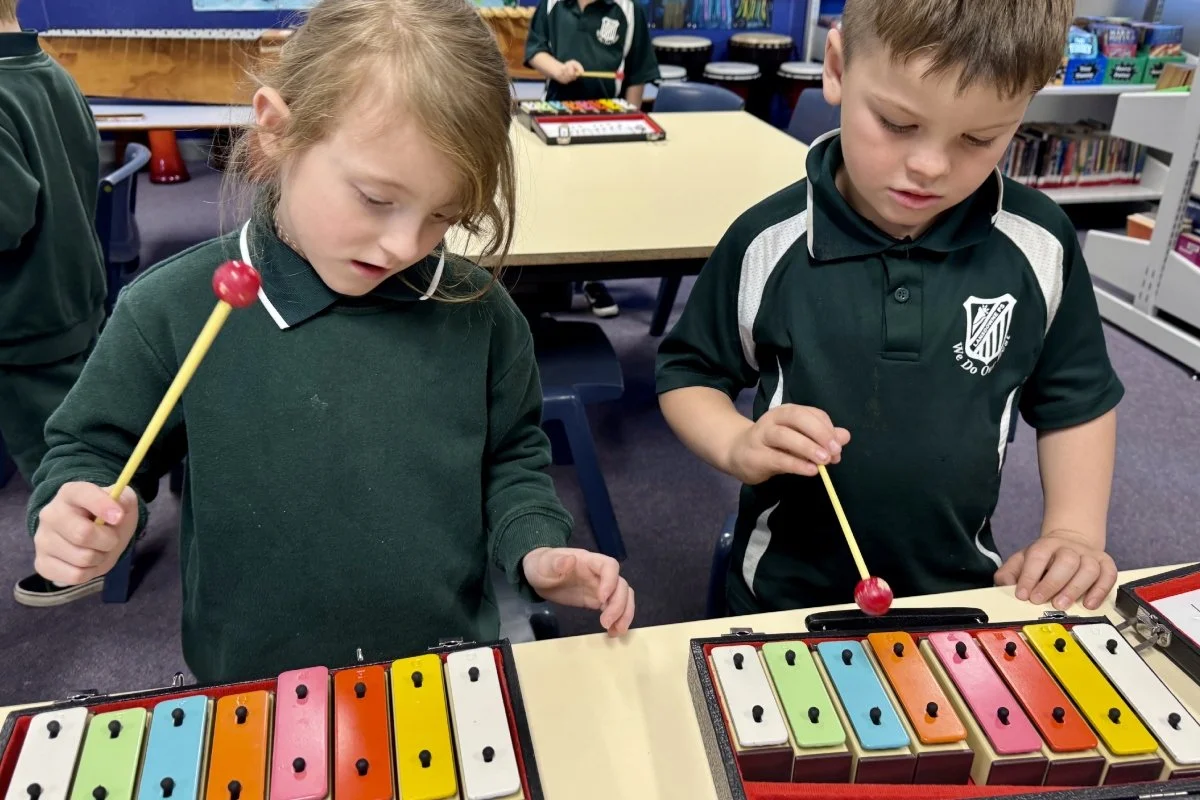Tuning in: How music education can address NSW’s declining NAPLAN scores
In a timely opinion piece for the Sydney Morning Herald, senior lecturer in music education, Dr James Humberstone, highlights a pressing issue facing NSW primary schools: many struggle to deliver the music curriculum effectively due to minimal teacher training, resulting in a fragmented approach that deprives children of the full benefits of music learning. His article, ‘We’re out of tune with best practice, but the NSW music teacher crisis can be fixed,’ coincides with the Parliament of NSW’s inquiry into music and arts education, and the release of the 2024 NAPLAN results.
The 2024 NAPLAN results reveal that one in three Australian students still fail to meet literacy and numeracy benchmarks. Humberstone argues that the crisis can be addressed if the government implements simple measures, such as accrediting specialist primary music teachers and striving for a world-leading music curriculum accessible to every child in the state as a foundational tool for learning.
The cognitive benefits of music education
Once central to every child’s experience, music education addresses major challenges in contemporary schooling including academic attainment, retention, engagement, well-being, and personal and social development. It is crucial for achieving a better and fairer education system. Furthermore, success in delivering a quality music education opens the space for the Arts more broadly.
Research has shown that learning music enhances students’ cognitive abilities, supporting not just music learning, but overall academic success. It boosts performance in subjects like English, Maths, and Science, and particularly benefits language learning. Multiple studies have found that music education improves literacy performance and scores, suggesting it could play a crucial role in addressing Australia’s declining NAPLAN results.
“Music learning produces well-rounded students who turn into well-rounded adults. It builds on absolutely everything that they do in a powerful and very unique way,” says Music Education: Right from the Start’s lead advisor and neuromusical educator, Dr. Anita Collins.
“Have we missed something by way of reducing and relegating music education in schools? Have we actually taken away one of the areas that sets up students for cognitive success?”
The skills cliff
Music education in Australia may be facing a new crisis as the availability of competent and confident music educators steadily diminishes. Not only is the reduction of music education in schools happening, but it’s also happening in teacher education as well.
As Humberstone writes in the SMH: “The availability of competent and confident music educators is steadily diminishing, posing a new crisis… [which] could be fixed if the government tuned into simple requirements for accredited specialist primary music teachers, and aspired to have a world-leading music curriculum delivered to every child in the state.”
A path forward
Our submission to the NSW Parliamentary Inquiry calls for the NSW Government to define an explicit standard as to what constitutes a quality, sequential and ongoing music education, and recommended targets for half of all NSW public primary schools to offer a quality music education by the start of the 2027 school year – increasing to 75 per cent in 2029 and all schools by 2031.
We suggest this education should be delivered by a teacher (generalist or specialist), who is both confident and capable of providing high-quality music learning, and provide a suggested approach for meeting the demand for primary teachers who are confident and competent in delivering a quality music education – conscious that NSW education faces significant workforce issues.
Music education is not an extra, an add-on, or a nice-to-have. It is a foundational learning tool for all students. We can look to it as both an antidote to the current schooling crisis and an educational booster for numeracy and literacy outcomes – crucial for the cognitive, academic and wellbeing success of NSW’s students .





